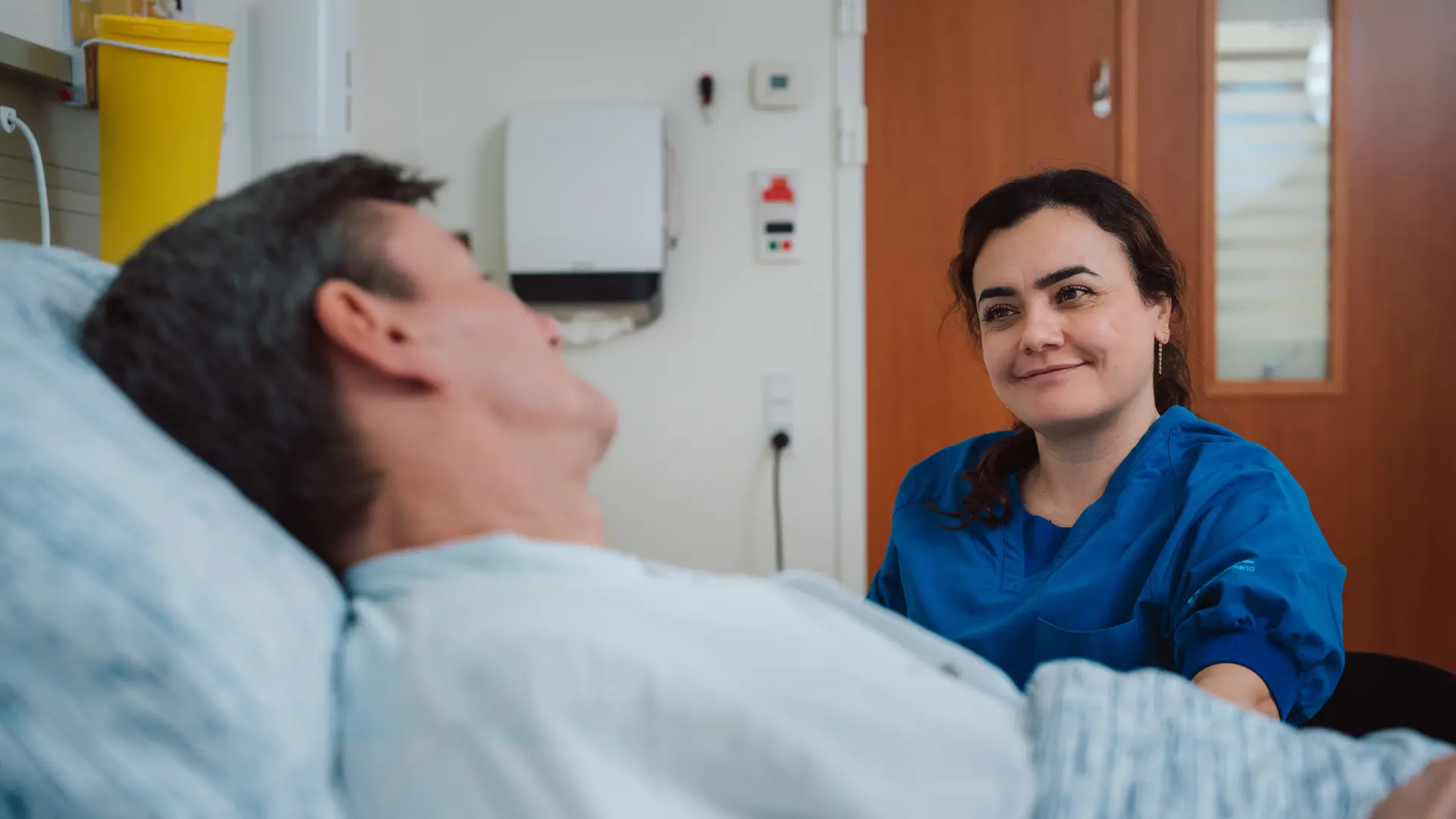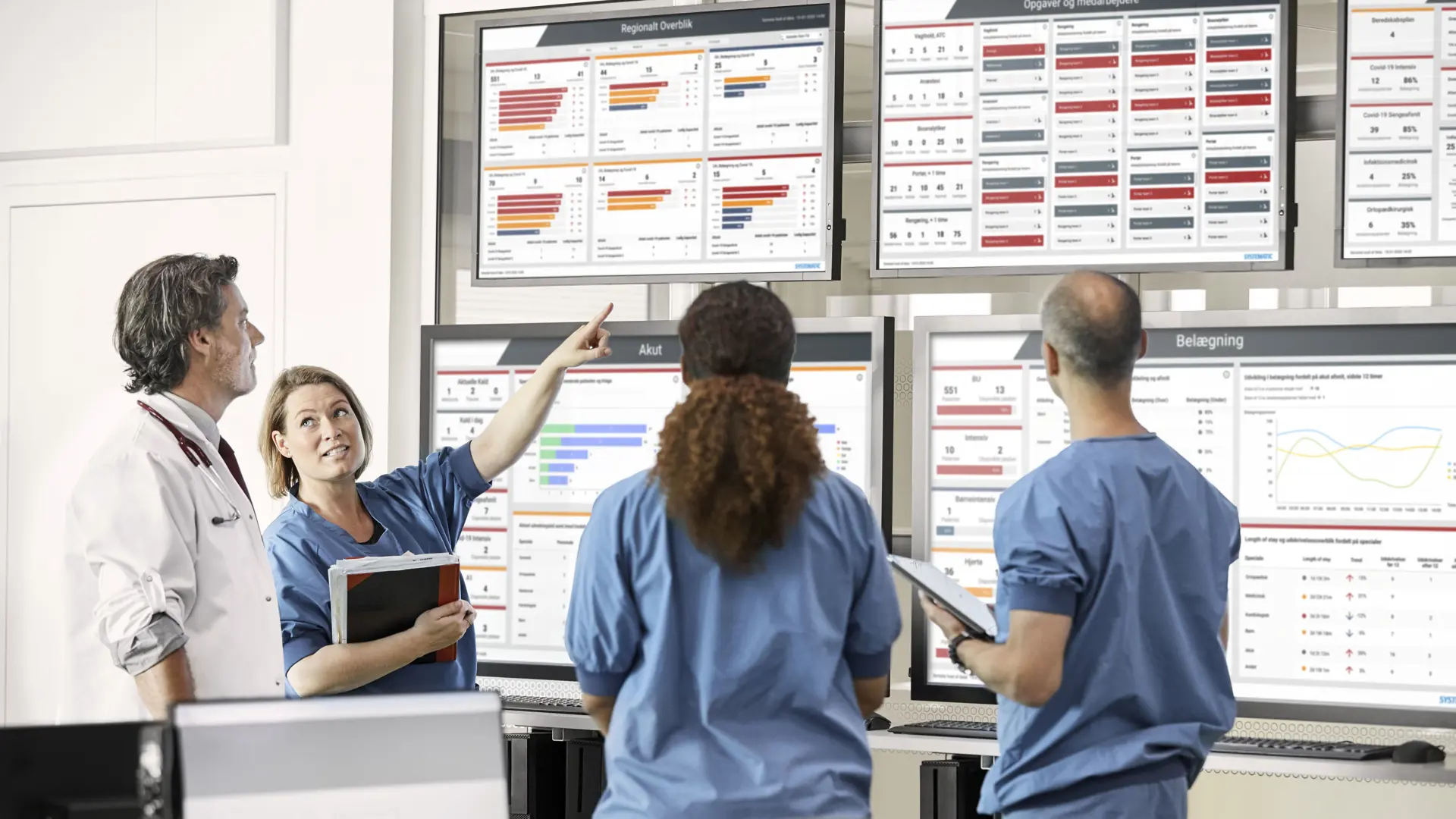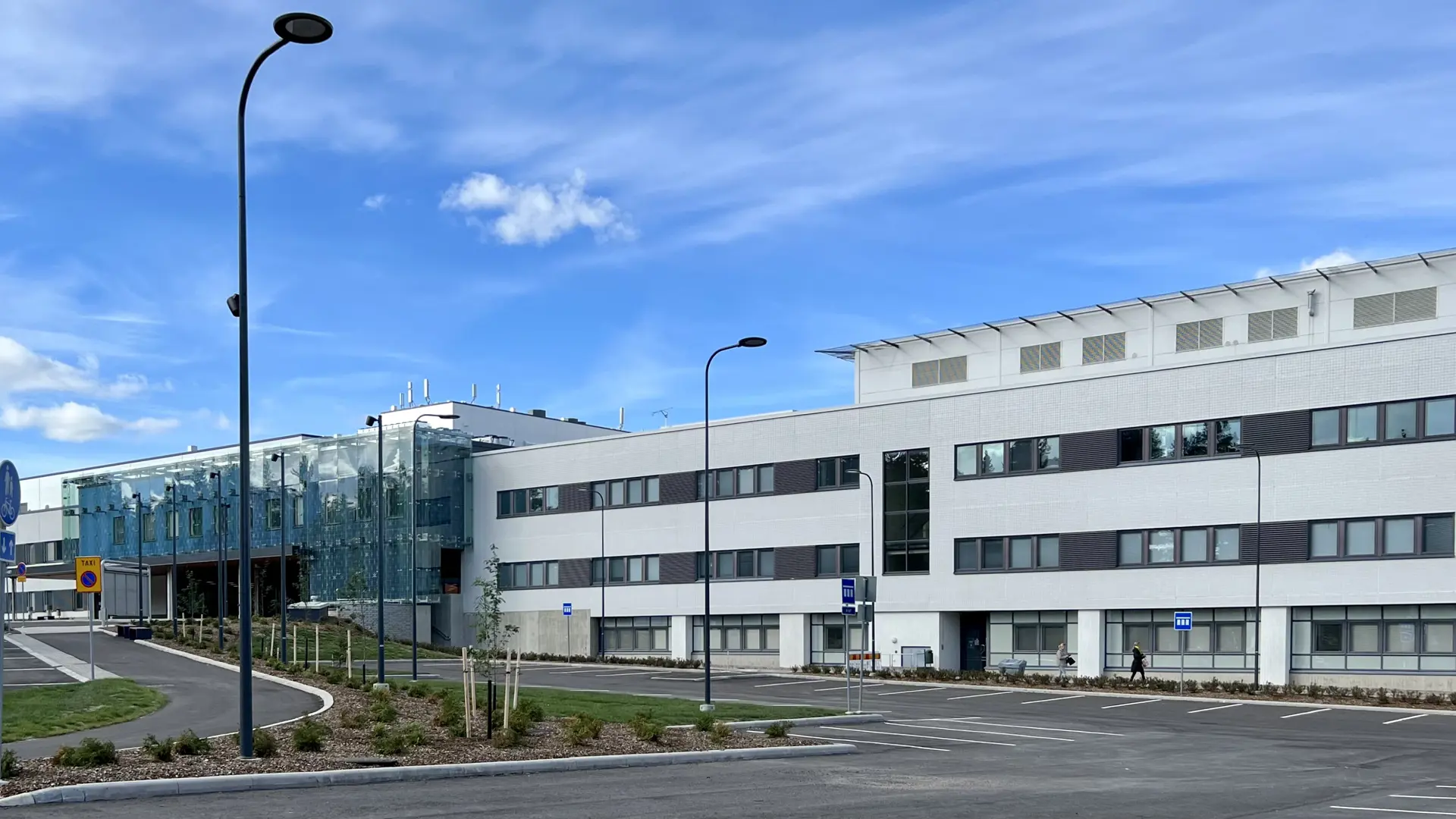Aalborg University Hospital testing new digital solution in the emergency department
In a pilot project between Aalborg University Hospital and Systematic, clinicians in the emergency department have tested a digital solution for coordinating and communicating, and after only three days, clinicians experience better overview and fewer distractions.
Danish emergency departments are characterised by a steady flow of new patients, frequent calls that interfere with the clinical tasks related to the acute patients, time-consuming coordination with colleagues and no overview of the capacity of other colleagues. To meet these challenges, Systematic has developed a mobile solution to support coordination, communication, and optimisation of the diagnosis of acute patients. This is achieved by means of direct access to patient information and a reduction of disruptions in the clinical work with patients. In June, clinicians in the Emergency Department at Aalborg University Hospital tested the first version of the solution.
The project was rolled out over a three-day period and involved three attending physicians and five residents in the emergency department. They were all provided with a phone directly connected to Systematic’s digital app solution Columna Flow Clinical Tasking. During the three days, the eight involved attending physicians and residents handled a third of the total patient flow and used the solution to confer medical advice with the attending, coordinate responsibility and handle new incoming patients among other functions.
Improved communication and closer collaboration
After only few hours with the solution, the users experienced that the collaboration was easier and tighter thanks to the solution’s messaging function.
The residents also experienced that it was easier to get through to the attending physicians:
“It feels like the attending physicians are closer, as I can message them and I don’t feel that I’m disturbing them in the same way as when I’m standing in line to talk to them”, says one of the residents.
Significantly fewer phone calls
The pilot period showed that there were significantly fewer phone calls between attending physicians and residents. The allocation of patients to the relevant resident was handled digitally, and the incorporated messaging platform made a difference for the users. The asynchronous messaging eased the coordination of patients, the information of when the residents were ready to receive a new patient and when they needed to confer on diagnosing or treatment plan.
“Systematic makes user-centred software development in close collaboration with the users of the solution. That’s why pilot tests, such as the one in Aalborg, are crucial for our work towards a good product, and I’m very proud of the great response the solution has received and the difference it makes for the clinicians’ workday,” says Product Manager, Lotte Bjerre.

After the summer, a new pilot period will initiate at the Emergency Department in Aalborg University Hospital. The plan is to increase the number of users and patients while more roles will be included for example nurses and special functions at the hospital.
”In a diagnosis process, there is a lot of coordinating phone calls between among the attending physicians and nurses. The users estimate that around 50% of these can be replaced by text messages, which can reduce the disturbing phone calls and optimise focus”, says Lotte Bjerre.
Smart and efficient patient management
Columna Flow Clinical Tasking is a mobile solution developed to ensure a safe and efficient patient flow for doctors in the hospital departments. The solution enables direct communication with colleagues through a secure messaging platform and ensures easier coordination, allocation, and prioritisation of patients. The list of patient-related tasks and the responsible resident is shown in real-time, and a task is always connected to a patient. This reduces the risk of communication errors, optimises the collaboration, and brings down disturbances and the amount of double registration.
Facts about the project
- The solution is developed in collaboration between IT experts from Systematic, computer scientists from Aarhus University, and clinicians from the university hospitals in Aarhus and Aalborg
- The project is financed by Aarhus University Hospital, Aarhus University, Aalborg University Hospital, Innovation Fund Denmark, and Systematic
- The first version of the solution is tested at Aalborg University Hospital on June 8-10, 2022
Facts about Aalborg University Hospital
- Covers around 929 beds
- Employs around 6,500 employees
- The fourth-largest hospital in Denmark
- Ranked as nr. 110 on Newsweek's list of the world's best hospital
Latest news
We are happy to share what we do. You can find our latest news here or browse through all of our healthcare news by clicking the button below.








